Science News: Recent scientific discoveries and expert analysis
Read the latest science news and recent scientific discoveries on Live Science, where we've been reporting on groundbreaking advances for over 20 years. Our expert editors, writers and contributors are ready to guide you through today's most important breakthroughs in science with expert analysis, in-depth explainers and interesting articles, covering everything from space, technology, health, animals, planet Earth, and much more.

Explainers | Everything you need to know about the science news that matters.

Science Spotlight | Shining a light on new science transforming our world.
Latest news
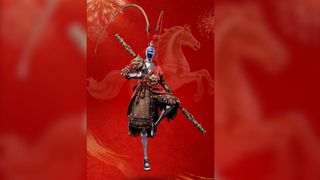
Humanoid robots show off creepily impressive kung-fu moves during Lunar New Year festival in China
By Keumars Afifi-Sabet published
Improvements to the AI that powers Unitree's H2 and G1 humanoid robots, alongside mechanical upgrades, have resulted in a dazzling kung-fu demonstration.
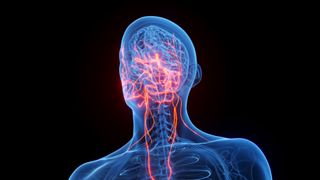
Sleep deprivation harms the gut via the vagus nerve, early study reveals
By Sahana Sitaraman published
New research reveals that sleep deprivation sends aberrant signals through the vagus nerve, triggering a serotonin surge that can kill gut stem cells.
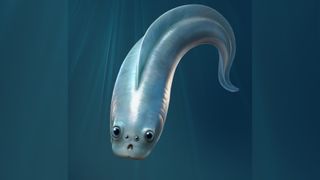
Our adorable, noodle-like ancestor had 4 eyes, half-a-billion-year-old fossils reveal
By Patrick Pester published
The earliest recorded vertebrates had four eyes to escape predators in the ancient Cambrian ocean, according to half-a-billion-year-old fossils from China that shed light on our evolutionary origins.
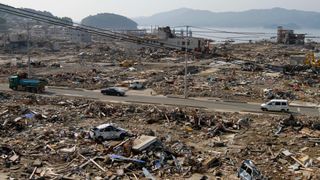
Hidden slippery clay on seafloor may have worsened devastating 2011 tsunami in Japan
By Stephanie Pappas published
A thick layer of slippery clay on the ocean floor may have formed the weak spot that enabled a magnitude 9.1 quake to make such a devastating tsunami.
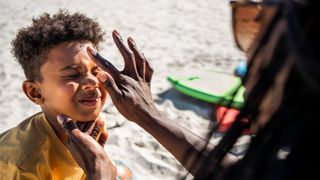
Mineral sunscreen leaves an annoying white cast on skin — this new formula could change that
By Victoria Atkinson published
Scientists have developed a new approach to formulating mineral sunscreen that could prevent it from leaving a white cast on the skin.
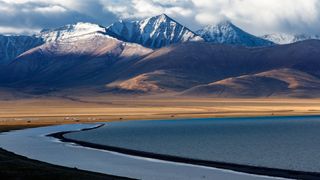
Vanishing lakes in Tibet may have triggered earthquakes by awakening faults in Earth's crust
By Colin Barras published
Shrinking lakes in Tibet likely woke up long-dormant tectonic faults, a new study finds. The findings strengthen the link between climate change and earthquakes
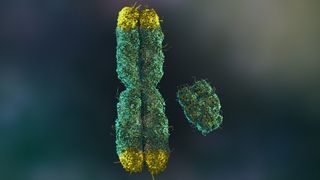
Many men lose their Y chromosomes as they age. It may shorten their lives.
By Jenny Graves published
A researcher explores why men lose their Y chromosomes in cells as they age and the health implications associated with this loss.
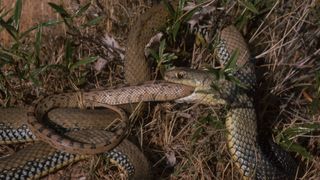
Snakes keep evolving into cannibals — here's what scientists think is going on
By Olivia Ferrari published
A review of over 500 reports of cannibalistic behavior in snakes finds it's appeared multiple times in different evolutionary lineages, leading researchers to hypothesize it's beneficial for snakes under certain circumstances.
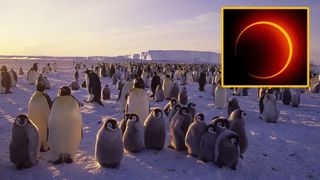
Lucky few to see 'ring of fire' solar eclipse over Antarctica on Feb. 17
By Jamie Carter published
This month's new moon brings an annular (or "ring of fire") solar eclipse, but it will only be visible from parts of Antarctica.
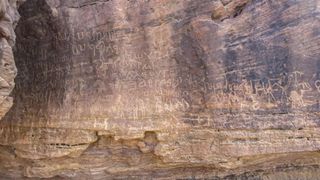
Ancient rock art depicting hunters and geometric shapes discovered in Egypt's Sinai Desert — and it spans a period of 10,000 years
By Owen Jarus published
A rock shelter with rock art and inscriptions spanning millennia has been discovered in Egypt.
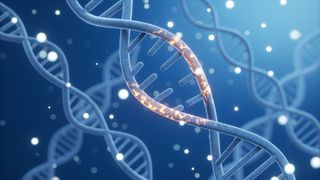
In a first, study links maternal genes to risk of pregnancy loss
By Zoe Cunniffe published
For the first time, scientists have identified genetic variants that increase the risk of aneuploidy, in which cells have an abnormal number of chromosomes. Aneuploidy in egg cells can lead to miscarriage.
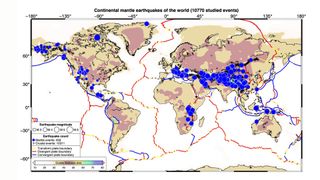
'Impossible' mantle earthquakes actually occur all over the world, study finds
By Stephanie Pappas published
Researchers were once unsure whether mantle earthquakes existed. Now they have a global map of this mysterious phenomenon.
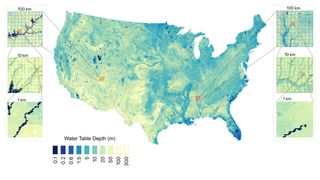
There's 13 Great Lakes' worth of water hidden beneath the contiguous US, new map reveals
By Emily Gardner, Eos.org published
Researchers used 1 million data points and a machine learning algorithm to estimate groundwater stores with higher resolution than ever before.
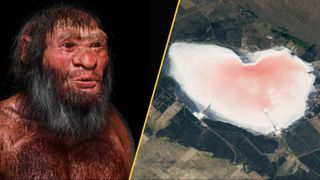
China turns desert into carbon sink, a viking giant in a mass grave, real-life inception, and a Valentine's gift idea from nature
By Ben Turner published
Science news this week Feb. 14 2026: Our weekly roundup of the latest science in the news, as well as a few fascinating articles to keep you entertained over the weekend.

MIT designs computing component that uses waste heat 'as a form of information'
By Owen Hughes published
Proof of concept uses passive components to redirect heat across a chip, allowing temperature patterns to be used for data processing.
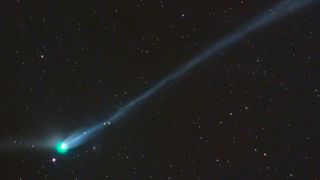
Newly visible, city-size 'green comet' will soon be ejected into interstellar space — just like 3I/ATLAS
By Harry Baker published
Comet Wierzchoś, also known as C/2024 E1, is rapidly brightening as it approaches its closest point to Earth next week. But experts predict it will eventually be thrown out of the solar system forever, just like the "alien" comet 3I/ATLAS.

'It's telling us there's something big going on': Unprecedented spike in atmospheric methane during the COVID-19 pandemic has a troubling explanation
By Victoria Atkinson published
During the COVID-19 pandemic, the atmosphere temporarily lost its ability to break down methane, leading to a huge spike in the greenhouse gas.

Record-breaking gravitational wave puts Einstein's relativity to its toughest test yet — and proves him right again
By Sharmila Kuthunur published
A record-breaking gravitational wave signal let scientists "listen" to a distant black hole merger and put Einstein's gravity to its toughest test yet.
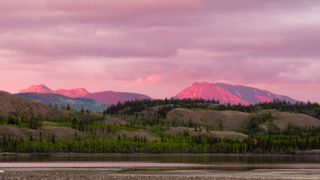
Canada could remove 5 times its annual carbon emissions by planting trees on edge of boreal forest, study finds
By Brian Owens published
Planting trees on 6.4 million hectares of northern taiga forest could remove 3.9 gigatons of CO2 by 2100 — five times Canada's annual emissions.
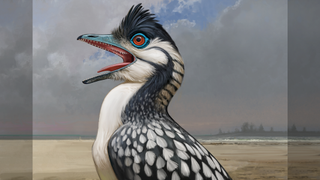
Archaeopteryx, one of the world's first proto birds, has a set of weird, never-before-seen features, new study reveals
By Aristos Georgiou published
Iconic transition species between dinosaurs and birds may have had weird 'teeth' on roof of its mouth and a highly mobile tongue, study reveals
Get the world’s most fascinating discoveries delivered straight to your inbox.
 Live Science Plus
Live Science Plus











